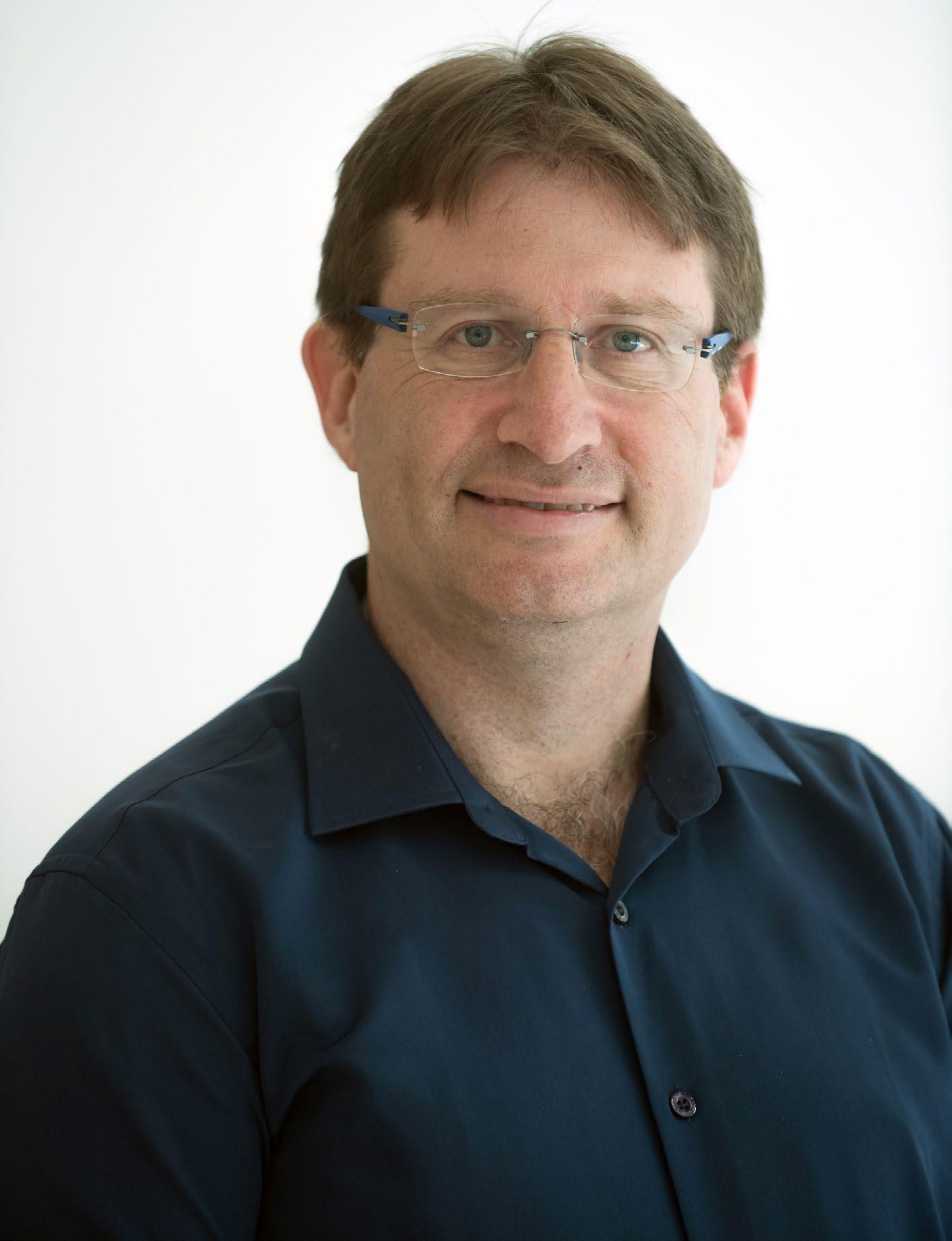
1 minute read
EXPLORING BBB AT BGU A SAFE RETURN TO THE FIELD
Prof. Friedman is head of the Blood Brain Barrier Lab at Ben-Gurion University, overseeing students as they research this unique interface in the human body. Their research focuses on epilepsy, stroke, neurodegenerative diseases, brain trauma (including from sports), and psychiatric diseases. Their research explores methods for prediction, early diagnosis, intervention, and treatment.
For the study, Friedman’s team took MRIs of 42 Israelis who play amateur American football in the Israeli Football League (IFL), a control group of 27 athletes who play non-contact sports, and 26 non-athletes. Researchers used modified dynamic contrast-enhanced-MRI (DCE-MRI) and analytical methods to identify fast and slow leakage of the BBB, and tracked whether the leakage persisted over time.
Football players were three times more likely to display a leaky BBB than other test subjects. More than a quarter of the amateur football players studied (27.2%) showed evidence of leaky BBB.
Friedman first published results from the DCE-MRIs and their ability to provide a snapshot of the BBB in real time in 2014. He noted that not all athletes show evidence of “leaky BBBs” even after repeated head traumas, because every athlete is different and reacts differently to concussions. The imaging can help determine when each athlete can safely return to play, rather than relying on the same guidelines for all athletes.
Friedman uses the National Football League’s sideline concussion assessment tool to document the history of previous head injuries, including concussions, as well as symptoms assessment and Standardized Assessment of Concussion tests. The researchers used the DCE-MRIs both during the football season and the off-season to measure if and how the BBBs were able to repair themselves naturally.
More than anything, the DCE-MRIs provide a good tool to help ensure the safety of the players so they can safely play the game they love.

The coronavirus plunged the world into uncertain times, but amidst the dark times, there were also plenty of reasons to hope. Over the past few years, what brought the most hope to Professor Nadav Davidovitch, the head of Ben-Gurion University’s School of Public Health, a prominent member of the “Magen Israel” coronavirus taskforce, and a hero in the fight against Covid, was the ability for different groups and institutions to work together for a common goal.
The speed in understanding the coronavirus and releasing a vaccine is an example of this cooperative ethic.
“It’s quite astonishing how fast data, including the genetic composition of the virus, was distributed,” Davidovitch told Haaretz last year. “That’s why the vaccine was developed so fast. The pace of research and sharing information... is unbelievable.”








